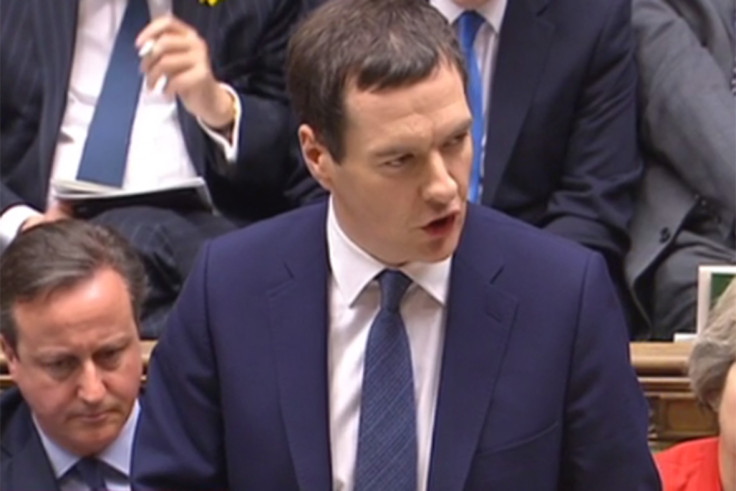Budget 2016: What it means for housing and property in the UK

Chancellor George Osborne made a number of announcements in his 2016 Budget that will affect housing and property in the country. Here is a rundown of some of the biggest announcements.
Additional stamp duty is going full steam ahead.
Much to the ire of buy-to-let investors and landlords, Osborne did not u-turn or water down his additional stamp duty rate for purchases of property not intended to be the buyer's main residence. It means an extra 3% levy on top of normal stamp duty rates if you buy a second property (or third, or fourth, etc...). Instead, Osborne used his budget to scrap an exemption for significant investors purchasing 15 or more properties in one go.
Stamp duty for commercial property has been dramatically reformed.
Just like he did for residential stamp duty at the end of 2014, Osborne scrapped the "slab" system for tax rates on commercial property purchases. Now it works like income tax, with the rate only applied to the portion of the property price that falls into its bracket. He also raised rates in the top price brackets and cut them at the lower end. Only 9% of commercial property purchasers will pay more. The Treasury thinks the reform will raise an extra £2.59bn ($3.75bn) by 2020.
Capital Gains Tax is cut, but not for residential property.
The chancellor cut Capital Gains Tax (CGT) rates. The higher rate will reduce from 28% to 20% and the basic rate from 18% to 10%. But there's a catch: the old rates will still apply for sales of residential property. CGT is not applied to profit made on your own home. It is, however, applied to any additional property you may own. So many property investors, such as landlords, will be penalised if they sell. Some property investors will not, however. Those who have invested indirectly, such as through funds, will actually benefit from lower CGT rates on the profits they make.
Offshore developers who dodge UK tax will be targeted.
Osborne announced new legislation in the Finance Bill 2016 that will force all developers of property in the country to pay UK tax on their profits. And HMRC will bring together a task force for targeting offshore developers in the UK. So far the tax office has identified 100 "high risk" developments. The Treasury, perhaps optimistically, thinks it will raise £2.28bn by 2020.
Local councils are offered financial and legal support to build more.
While the details are hazy, Osborne's Budget said the government will work with local councils to identify where they can be given more "planning freedoms" to ensure thousands of new homes are built. There is also financial support on offer for local councils that commit to building new settlements on the outskirts of towns and cities — called "garden villages" — of between 1,500 and 10,000 homes. And the government will review the law on Compulsory Purchase Orders (CPOs) with "the objective of making the CPO process clearer, fairer and quicker" — i.e. making it easier for councils to seize property and land.
Money is going to the homeless.
There is £115m being put towards helping rough sleepers. Of that £100m will "deliver low-cost 'second stage' accommodation for rough sleepers leaving hostel accommodation and domestic abuse victims and their families moving on from refuges". While homelessness charities welcomed the funding, they warned that the problems run far deeper than a shortage of cash.
© Copyright IBTimes 2025. All rights reserved.






















